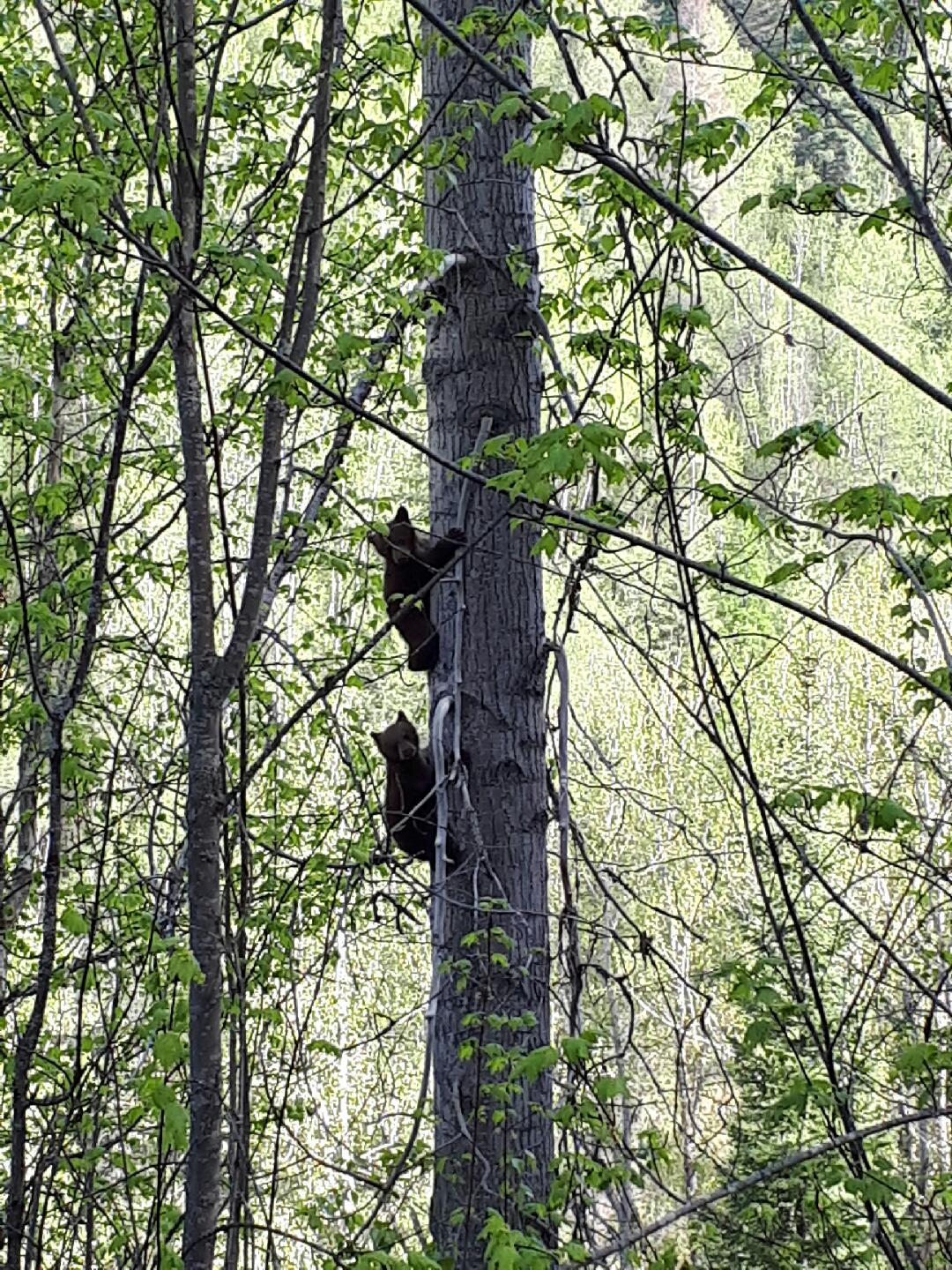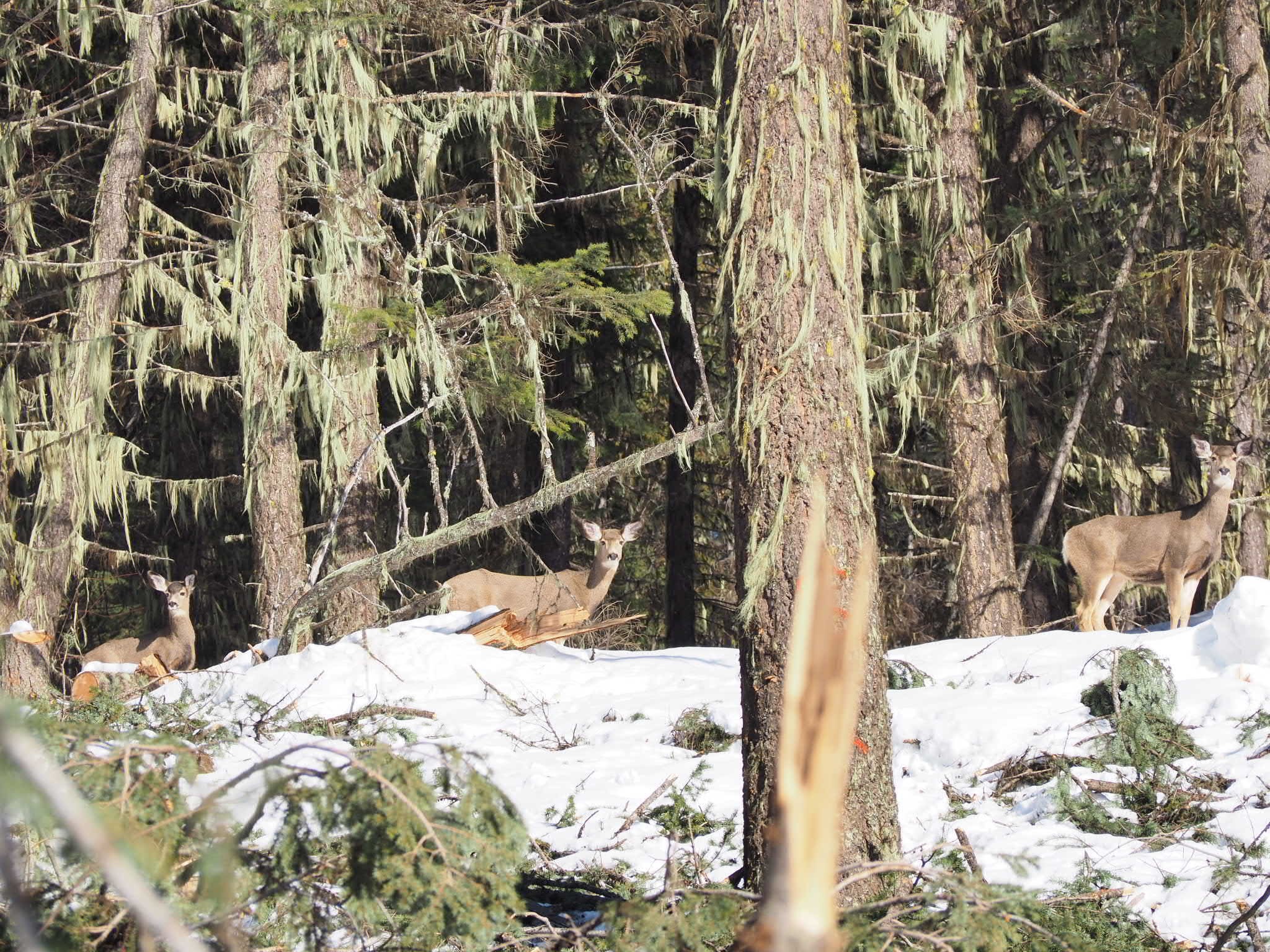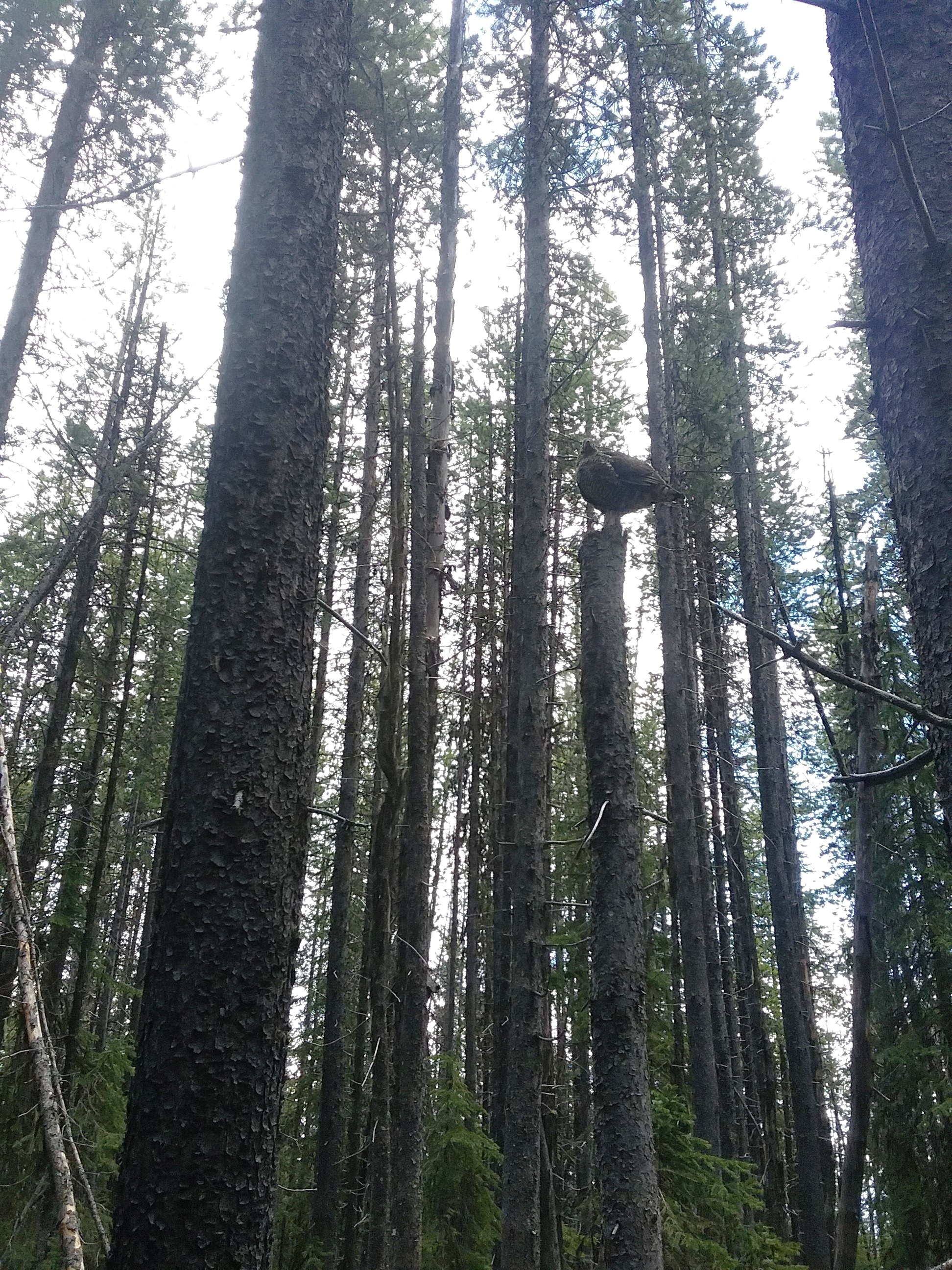Sustainability
ATCO Wood Products is committed to sustainably managing forest resources in an environmentally, economically and socially responsible manner
Sustainable forestry
ATCO is taking action against climate change and the adverse effects it will have on, among other things, our existing and future forests. ATCO has been involved for almost a decade with “Assisted Migration” research trials. These trials aim to help ensure that the seedlings that are planted now will be able to adapt and cope with the predicted changing climate conditions as they mature.
ATCO is also involved with research trials growing White Pine seedlings that are tolerant to White Pine Blister Rust, a disease that was introduced from Europe and is decimating our native White Pine. These seedlings are chosen from parent trees that have been infected with Blister Rust, but, unlike almost all other native White Pine, survive the disease. Saving our native White Pine is becoming a reality with the data from these trials.
Water
Vital to life, water is managed to the highest degree in regards to riparian, and hydrological legislation and public concern, often implementing standards over and above requirements based on sensitive sites, community history and mitigation of the level of risk.
wildlife
Area-specific management obligations for different wildlife are an intrinsic concern to our operations. In addition to the legislated aspects of this resource; Grizzly bear habitat, Ungulate Winter Range, Wildlife Habitat Features and Species at Risk, every permit is managed based on observed local wildlife concerns, animal corridors, road access and density, and sensitivity to harvesting during planning and field development. In the effort to mitigate negative effects of harvesting, we partake in partnerships involving habitat restoration of ungulate browse areas with other resource stakeholders.
regeneration
ATCO plants a large mixture of conifers - often as many as six species - on each block to promote species diversity. This mimics a natural West Kootenay stand while still considering future economic industry conditions.
Over 95% of the blocks we manage are planted in the first available 'window' after harvest completion, even though there is an 18-month gap between ordering and receiving seedlings. ATCO proudly plants over 1 million seedlings each year.
biodiversity
Investing much time and energy into the development biodiversity both on the stand and landscape level is commonplace at ATCO. Retention of healthy understory, shade trees, and visually sound buffers are meant to design diverse stands and patch sizes mitigating effects on the land-base. Old Growth Management Areas (OGMA) are a resource that requires foresight and understanding of features that constitute true old growth values in order to recruit or potentially swap similar or better areas.
Forest Certification
On May 20, 2015, ATCO Wood Products staff and their tree planting contractor, Greenpeaks, joined an international effort to set the Guinness World Record for the most trees planted in one hour simultaneously by teams made up of 25 to 100 people. A total number 29 teams in a variety of locations planted 202,935 trees - 7,785 which were planted by Greenpeaks and ATCO Wood Products staff.
Forest certification is a voluntary process that allows organizations to demonstrate corporate responsibility by having their forest management planning and practices independently certified against a sustainable forest management standard. ATCO voluntarily pursued certification to the Sustainable Forestry Initiative's (SFI) 2005-2009 certification standard in June of 2006 and is currently certified with the 2015-2019 SFI standard.
The SFI Program is based on the premise that responsible environmental behaviour and sound business decisions can co-exist to the benefit of communities, landowners, manufacturers, shareholders, customers and the environment, today and for future generations. The SFI Program is based upon a number of guiding principles of sustainable forestry, as well as many objectives and associated performance measures/indicators.
ATCO undergoes third-party annual audits conducted by qualified, independent auditors to assess ATCO's operations for conformance to the SFI Standard requirements. The SFI certification assists ATCO in continual improvement of our operations.
To visit the SFI website, click the following link: http://www.forests.org >















